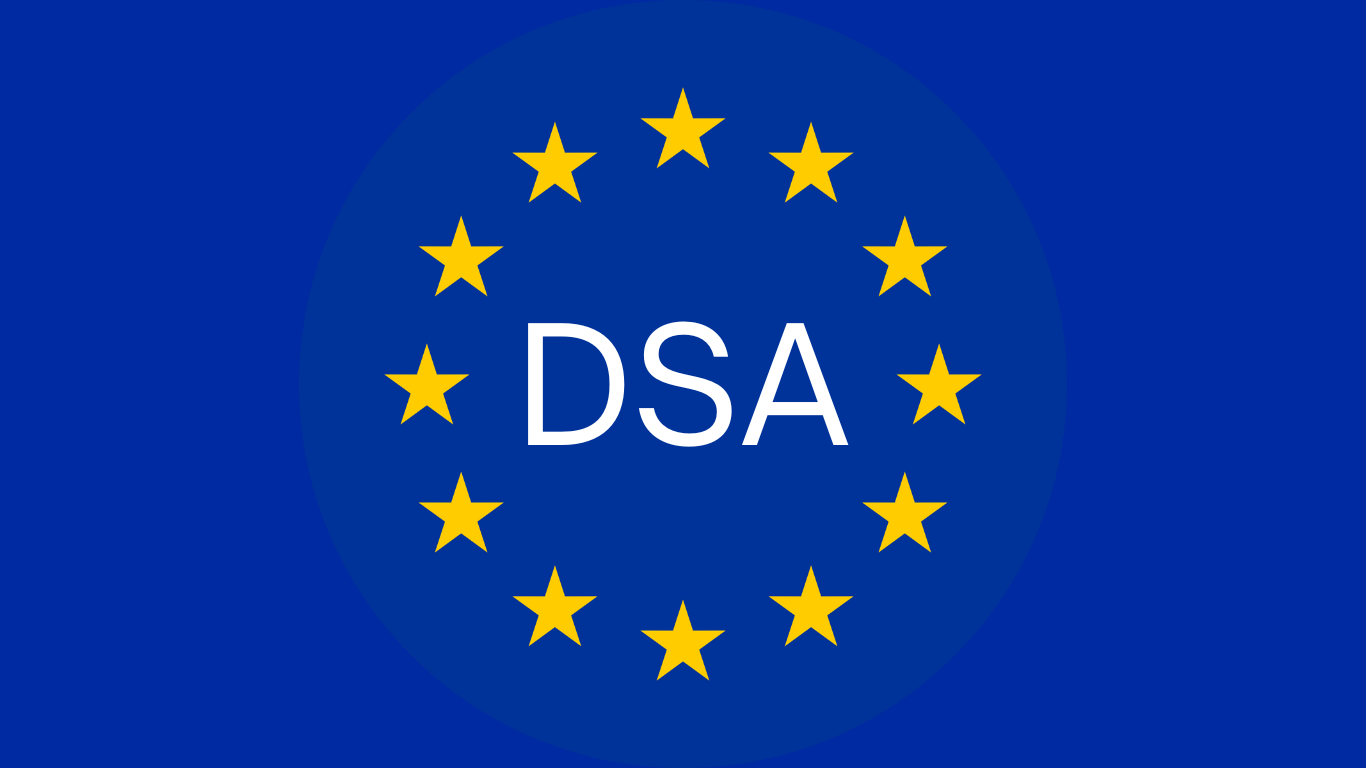
The final draft of the law implementing the Digital Services Act (DSA) is still in preparation, the Ministry of Justice confirmed to Hina, while opposition members and journalist associations point out that the law is already delayed and remind that the European Commission has issued a formal warning to Croatia over the matter.
The opposition and media community emphasize that the European Union adopted the DSA to obligate online platforms to combat illegal content, disinformation, and election manipulation, while ensuring transparency and accountability.
They note that DSA provisions have already been in effect for online platforms operating in Croatia since February last year, in accordance with EU regulation. However, despite the appointment of the Croatian Regulatory Authority for Network Industries (HAKOM) as the Digital Services Coordinator, Croatia has yet to adopt a corresponding law to provide HAKOM with the necessary “resources and tools” to carry out its work.
The importance of implementing the DSA has become even more urgent following a recent announcement by Meta CEO Mark Zuckerberg that fact-checking on platforms like Facebook will be discontinued in the U.S. In response, the Croatian Journalists’ Association (HND) and the Trade Union of Croatian Journalists (SNH) sent a letter to Prime Minister Andrej Plenković and relevant institutions as a sort of formal push to accelerate DSA implementation.
“At this moment, when global platforms like Meta are changing their approach to content moderation, we call on the Croatian Government and relevant authorities to speed up the implementation of the DSA and take all necessary steps to protect the public interest, the integrity of the media space, and users’ rights. We urge you to align with European values and the rule of law by adopting concrete measures and amending national legislation,” states the letter from HND and SNH. The letter was also sent to the Ministry of Justice, Public Administration and Digital Transformation, as the legislative proposer, and to the Parliamentary Committee on Information, Digitization and Media.
Although journalist organizations have not yet confirmed whether they received any responses from these institutions, the delay in passing the DSA implementation law was commented on by Urša Raukar-Gamulin (Možemo), Vice Chair of the Parliamentary Committee on Media.
“Yes, Croatia is behind on implementation. The first reading happened in early October, and since then there has been no progress. I gave a speech on the matter, but there was no response. I also questioned Prime Minister Plenković during the current affairs session, but he was still shaken by HDZ’s loss in the presidential election and didn’t give any reply,” Raukar-Gamulin said.
She added that she plans to raise the issue again at the next committee session and will request support for the letter from HND and SNH. On behalf of Možemo, she also commented on both the current bill and the government’s approach so far.
“It’s unclear what concrete measures the government plans to take to prevent the spread of disinformation and protect users of digital platforms. The biggest issue with the bill is that it does not grant HAKOM all the powers and tools foreseen by the DSA. Furthermore, it’s questionable how HAKOM will be provided with the necessary resources to fulfill its responsibilities,” Raukar-Gamulin emphasized.
“It is of great importance that the DSA is fully transposed into Croatian legislation, especially given recent cases involving the purchase of Vietnamese and American bots for political campaigns or false accusations of Russian influence in the recent presidential elections — these clearly show that our institutions are unprepared for the challenges of digital manipulation,” she concluded.
On the other hand, SDP’s representative on the Parliamentary Media Committee, Ivan Račan, stated that while Croatia has not yet formally adopted the national law to implement the DSA, its provisions are already being applied to all online platforms in line with EU rules.
When asked whether he knows when the final version of the bill will be brought before Parliament in plenary session, he briefly replied that he does not have that information.
“The legal deadline for submitting the bill for a second reading is six months from its adoption in the first reading. We’re roughly halfway through that period,” Račan said. His comment about being at the “legislative halfway mark” was echoed by the Ministry of Justice, which still did not disclose when the final bill might be presented.